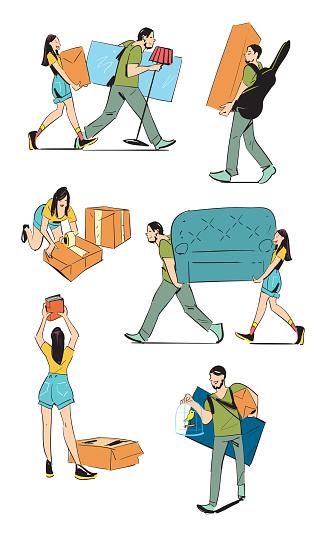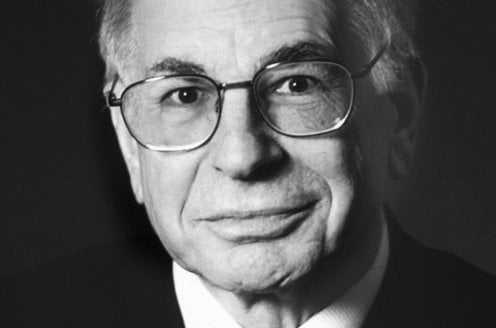Individual effects
The decoy effect can cause us to spend and consume more than we’d like. When a decoy option is present, we tend to make decisions based less on which option will suit our purposes and more on what seems like the most advantageous choice.
17
183 reads
CURATED FROM
The decoy effect: how you are influenced to choose without really knowing it
medium.com
10 ideas
·2.06K reads
IDEAS CURATED BY
Talks about the one of the most Important Marketing Weapon of the industry.
“
The idea is part of this collection:
Learn more about marketingandsales with this collection
The importance of perseverance
How to embrace failure as a learning opportunity
The power of innovation and creativity
Related collections
Similar ideas to Individual effects
Weight-loss interventions
We make more than 200 food decisions a day, and most of these appear to be habitual, which means we eat without thinking about what or how much food we consume.
A new study found weight-loss interventions that are based on forming new habits, and breaking old habits is the key to a heal...
Behavioural Economics
The economic theory of expected utility maximization says that people will act out of rational self-interest. But psychologist Daniel Kahneman showed that it is incorrect.
- Common cognitive biases cause people to use faulty reasoning to make ...
Negativity bias and decision making
We make decisions based on the information that we have. However, we tend to be more reliant on the negative more than the positive. This causes two outcomes:
Risk aversion – where we prefer an assured outcome over a gamble with a higher expected outcome; and
...
Read & Learn
20x Faster
without
deepstash
with
deepstash
with
deepstash
Personalized microlearning
—
100+ Learning Journeys
—
Access to 200,000+ ideas
—
Access to the mobile app
—
Unlimited idea saving
—
—
Unlimited history
—
—
Unlimited listening to ideas
—
—
Downloading & offline access
—
—
Supercharge your mind with one idea per day
Enter your email and spend 1 minute every day to learn something new.
I agree to receive email updates

